In his role as the Senior Vice President of the Oncology Business Unit at Astellas Pharma US, Mark Reisenauer knew more than most about the latest cancer treatments and research. He knew, for instance, that by the year 2024, there will be 19 million cancer survivors in the U.S. alone. As part of a global pharmaceutical company, he also had a familiarity with the clinical trials taking place to find new treatment options for many cancers.
But when his own father was diagnosed with head and neck cancer while in his late 70s, Reisenauer began to realize that there were few tools and resources available to help patients who have received a confirmed cancer diagnosis. “When he was diagnosed, we all knew that life would never be the same,” Reisenauer recalls. “What we didn’t know was exactly how much it would change and how much support we would need.”
Due to the side effects of radiation therapy, his father couldn’t eat and started losing weight. While doctors recommended a feeding tube for his body to gain needed nutrients, Reisenauer’s father refused it. It was during this process that Reisenauer learned that medication and treatment adherence among cancer patients could be as low as 20 percent. At another point during treatment, his father nearly died from a stroke as a result of an incorrect dosage of blood thinner, due to a miscommunication between physicians.
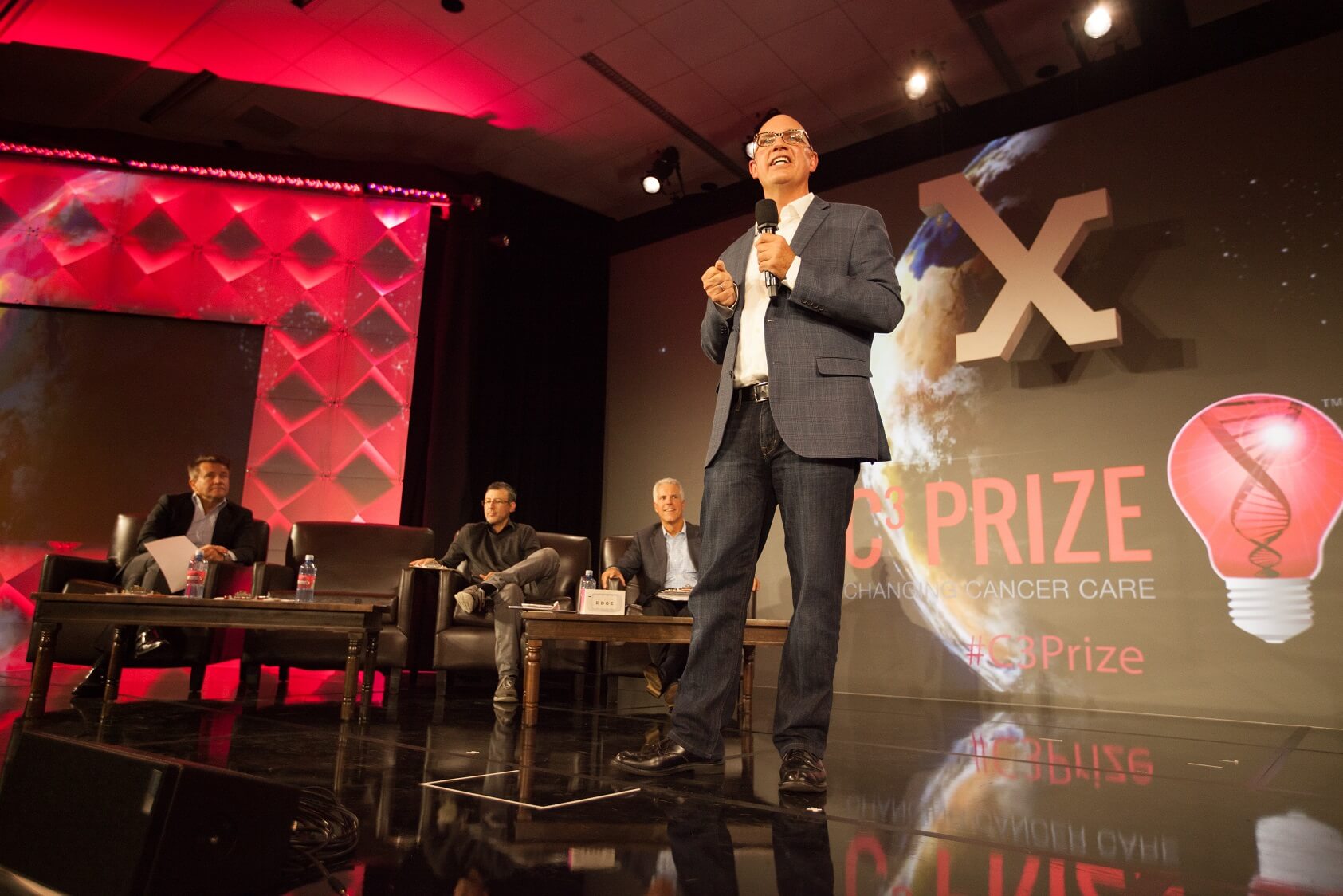
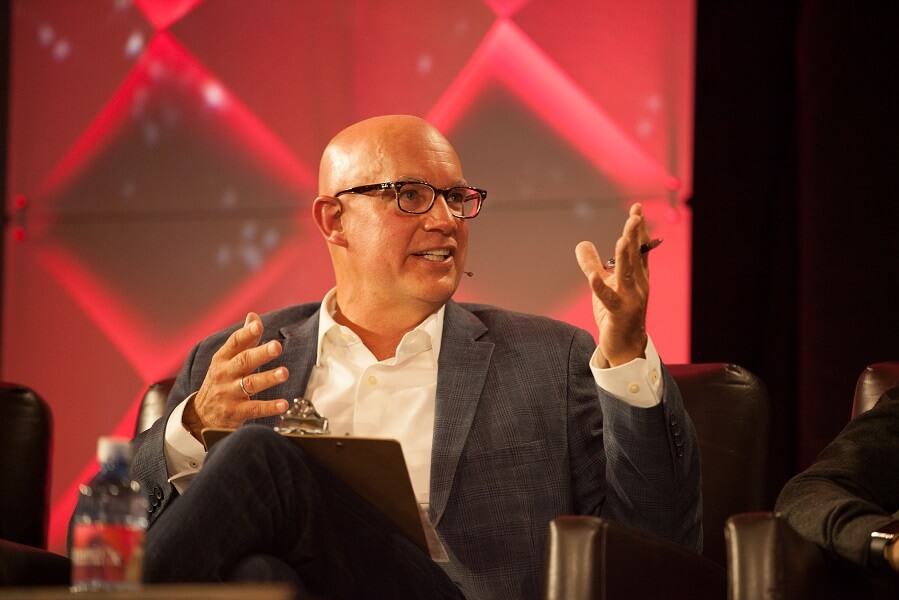
“I’ve since learned that we weren’t alone in this, miscommunication between physicians has been found to play an important role in 80 percent of diagnostic and treatment mistakes.”
The global innovation challenge was opened to eligible entrants from around the world with an idea to help improve the cancer care experience for patients, caregivers and their loved ones. In the first year, more than 100 entrants from 14 countries applied and five finalists were selected to present their concepts live before a panel of judges. The Grand Prize winner received a US$50,000 grant while two runners up received US$25,000 each. All received a year’s membership to MATTER, a healthcare innovation community.
Belgium based psychologist Diane Jooris was one of the entrants in the program’s inaugural year. She believed that mind/body therapies were an effective means of helping cancer patients in terms of their outcomes and recovery. So she teamed up with cofounder and software engineer Joowon Kim to start a company called OnComfort, which uses five virtual reality based applications to help cancer patients of all ages by utilizing clinical hypnosis techniques. While undergoing chemotherapy, patients are able to ease their pain and anxiety, become distracted during potentially painful procedures, and even fight cancer cells in a video game styled all-immersive setting.
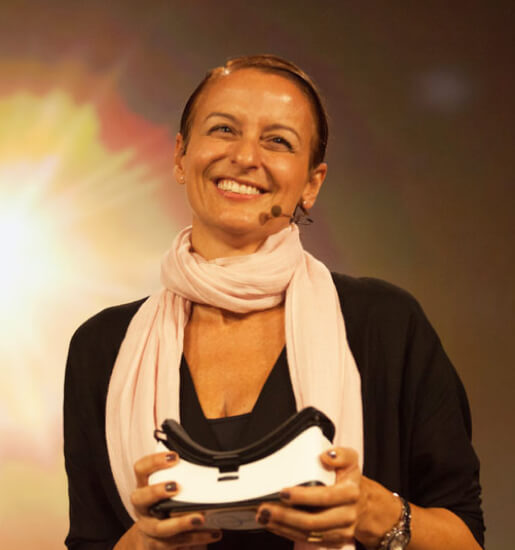
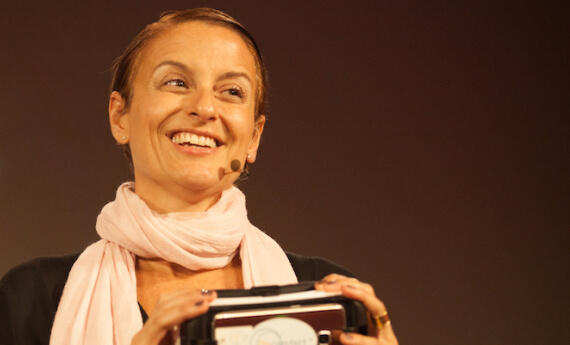
Jooris presented her virtual reality concept, and won a US$50,000 grant to help bring a new module for pediatric patients to market. The panel of judges recognized how OnComfort could help a critical problem most cancer sufferers face: crippling anxiety. “Being able to help cancer patients, as well as caregivers, parents and medical professionals, relieve their anxiety would be the dream,” says Jooris.
For instance, Larry Pederson, a longtime sufferer of seasonal affective disorder, is responsible for The Litebook Company, an organization based in Canada, that has created a portable device called The Litebook.
The Litebook is the size of a smart phone and features LED lights invented in Japan. When turned on, the device emits wave lengths which boost serotonin in the brain. “The theory was that the fatigue that chemotherapy patients face is due to the disruption of the circadian clock by the chemotherapy drugs and that disruption is nearly identical to the disruption caused by jetlag,” says Pederson.
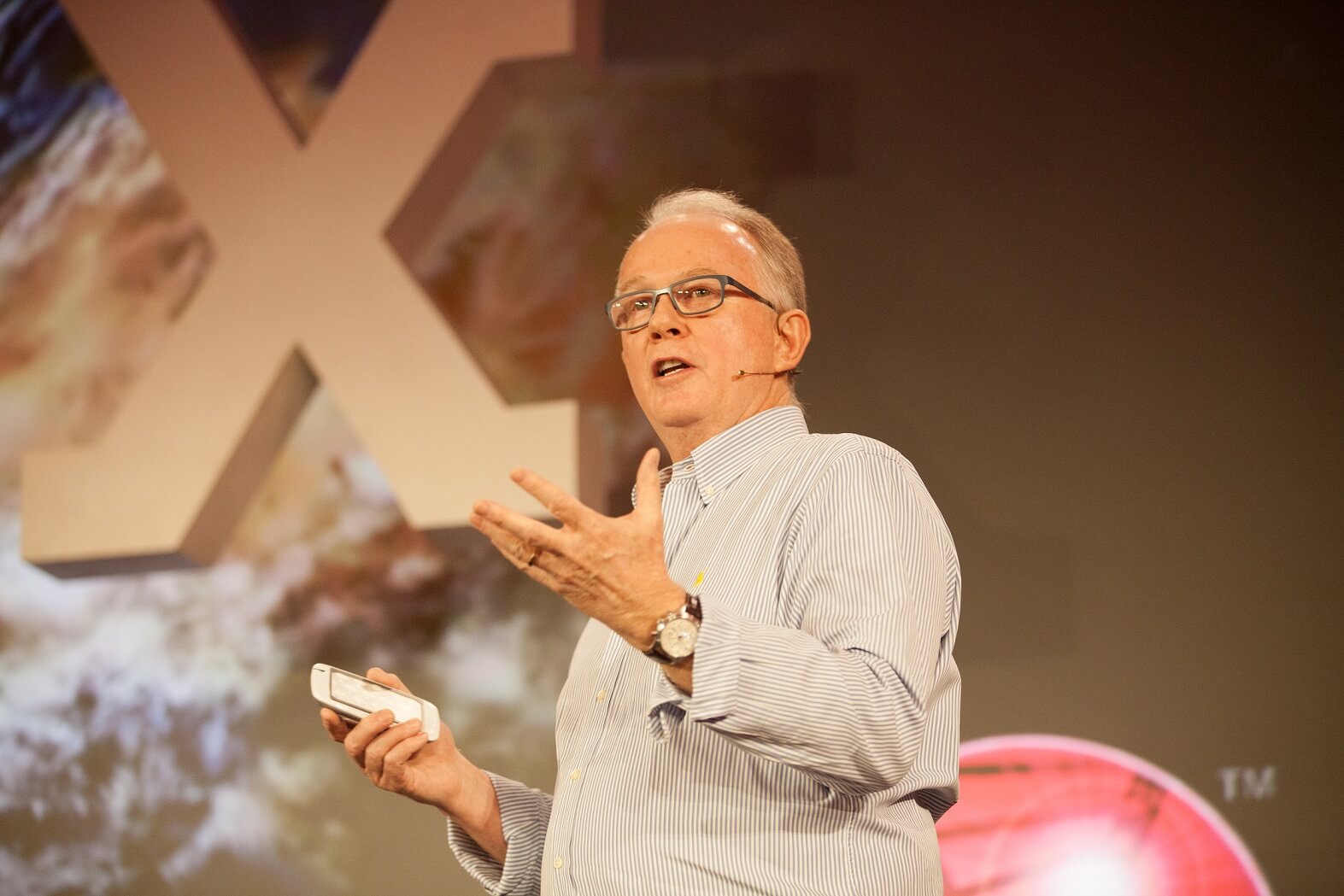
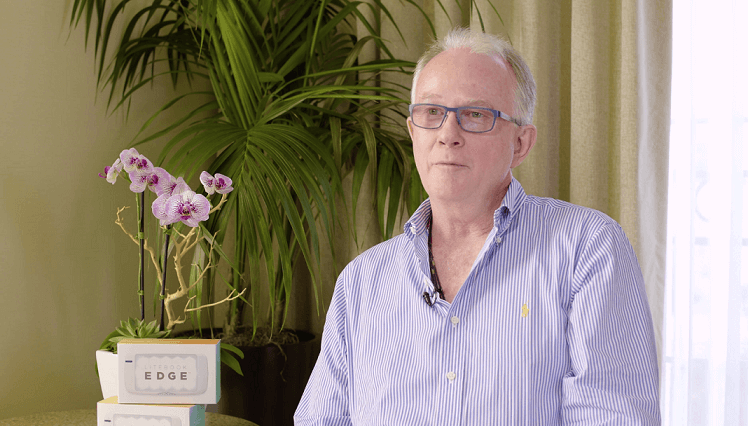
Pederson claims studies have shown that use of The Litebook amongst cancer patients can help eliminate the profound fatigue they encounter. Judges agreed, awarding Pederson with a “First Prize” at the inaugural C3 Prize competition.
After the live pitches for the second year of the program, held this past November in Mexico City as part of the Union for International Cancer Control World Cancer Leaders’ Summit, Hernani Oliveira, a university researcher from Portugal, was presented the Grand Prize for his work on what’s called the Hope Project. This is a two-part app designed for pediatric cancer patients and their parents. The app takes the form of a video game, in which the main character becomes a Superhero. While performing tasks, the patient learns to understand what he or she is encountering during their cancer treatment. At the same time, he or she is encouraged to engage in physical activity that may help stimulate the body in positive ways.
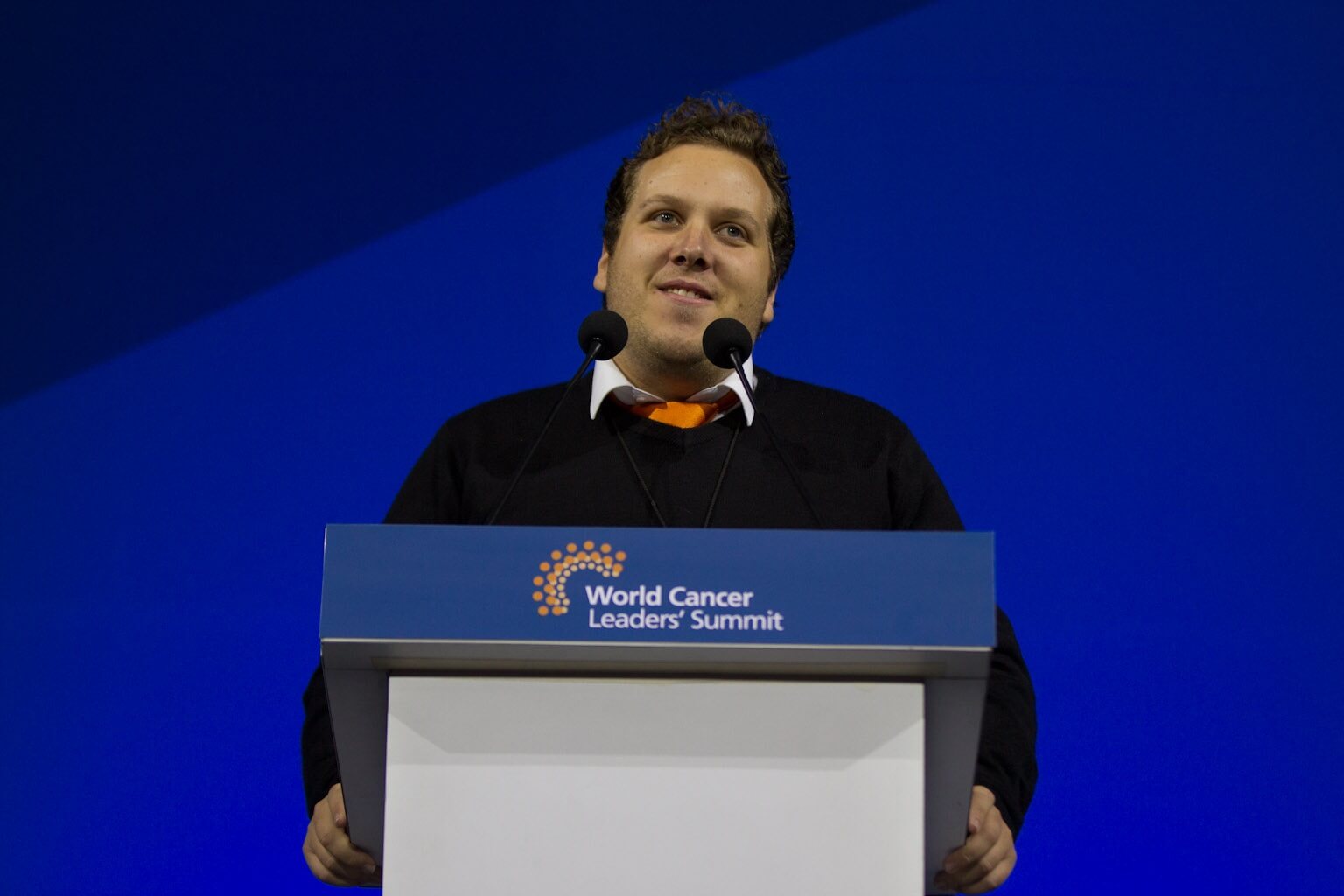
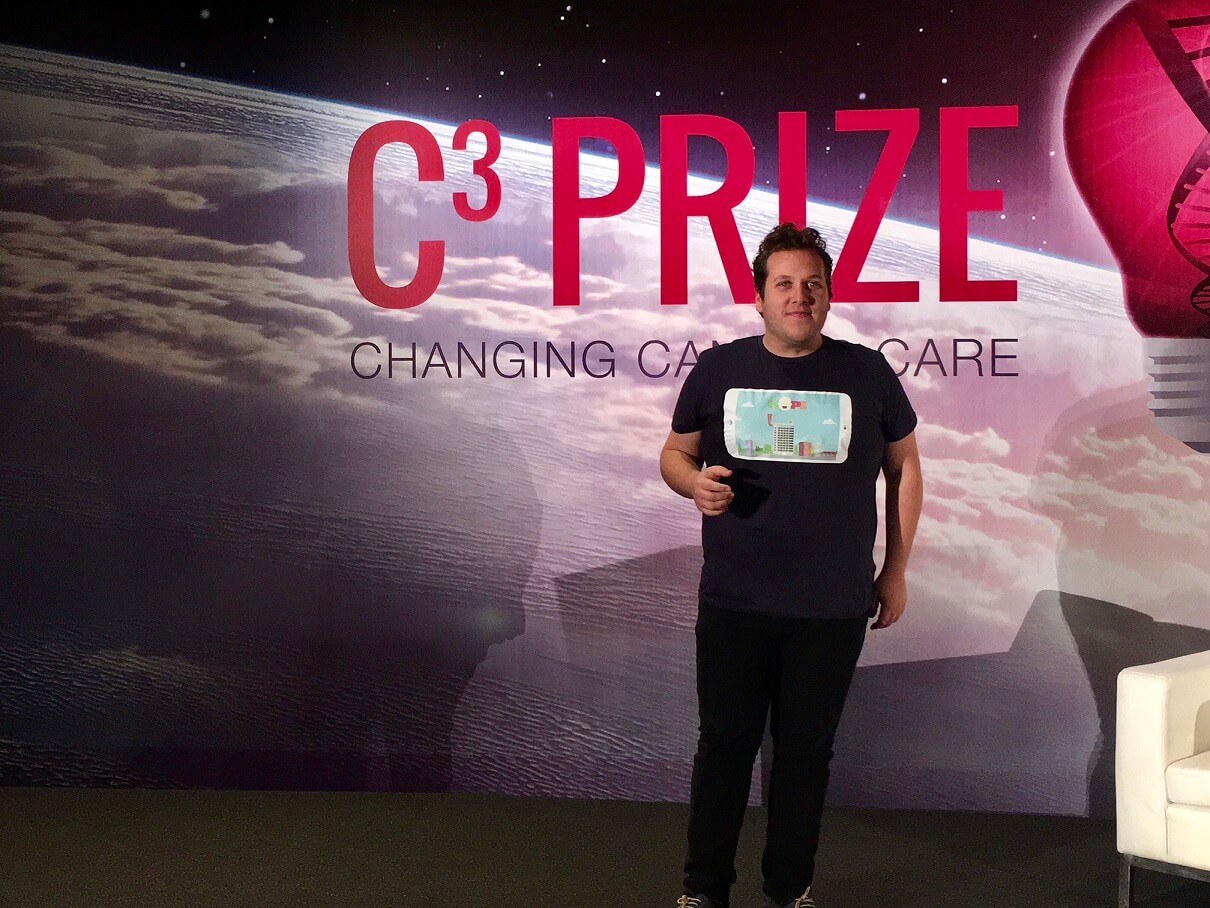
“In the past few years, several studies presented an association between increased physical activity levels in childhood cancer patients and an improvement in quality of life during hospitalization,” says Oliveira.
Kevin Bambury from Ireland is the co-founder of ONCOasisst, an interactive app which helps oncology professionals diagnose and manage treatment.
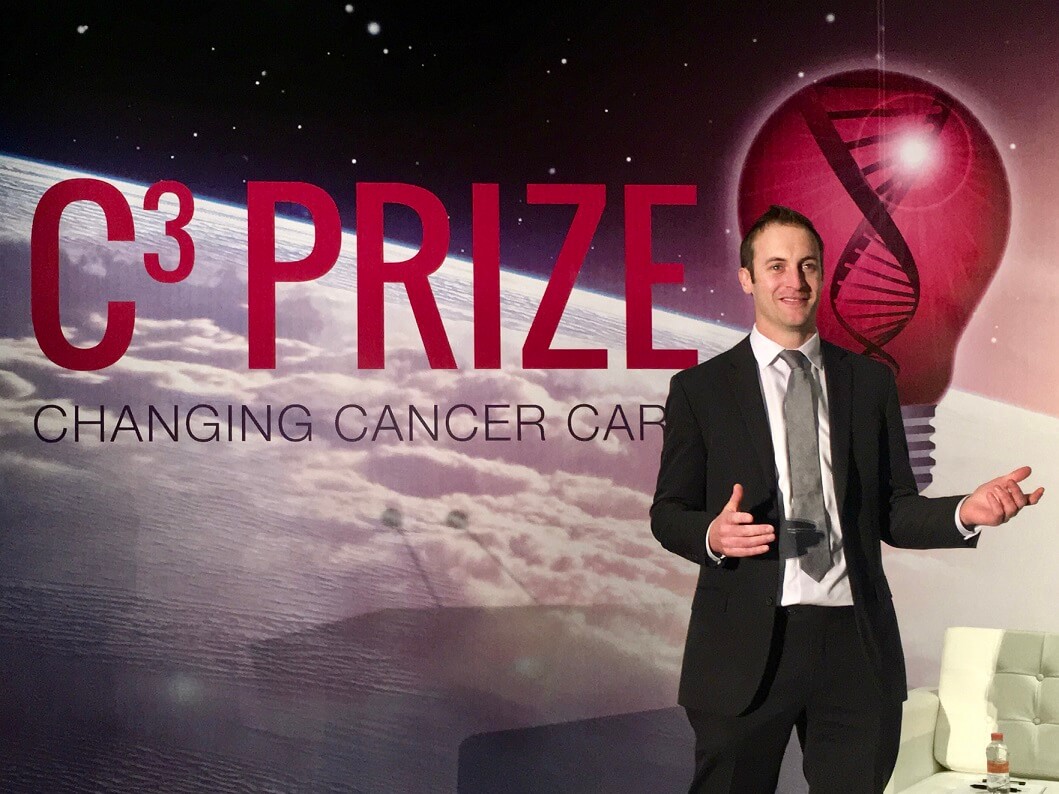
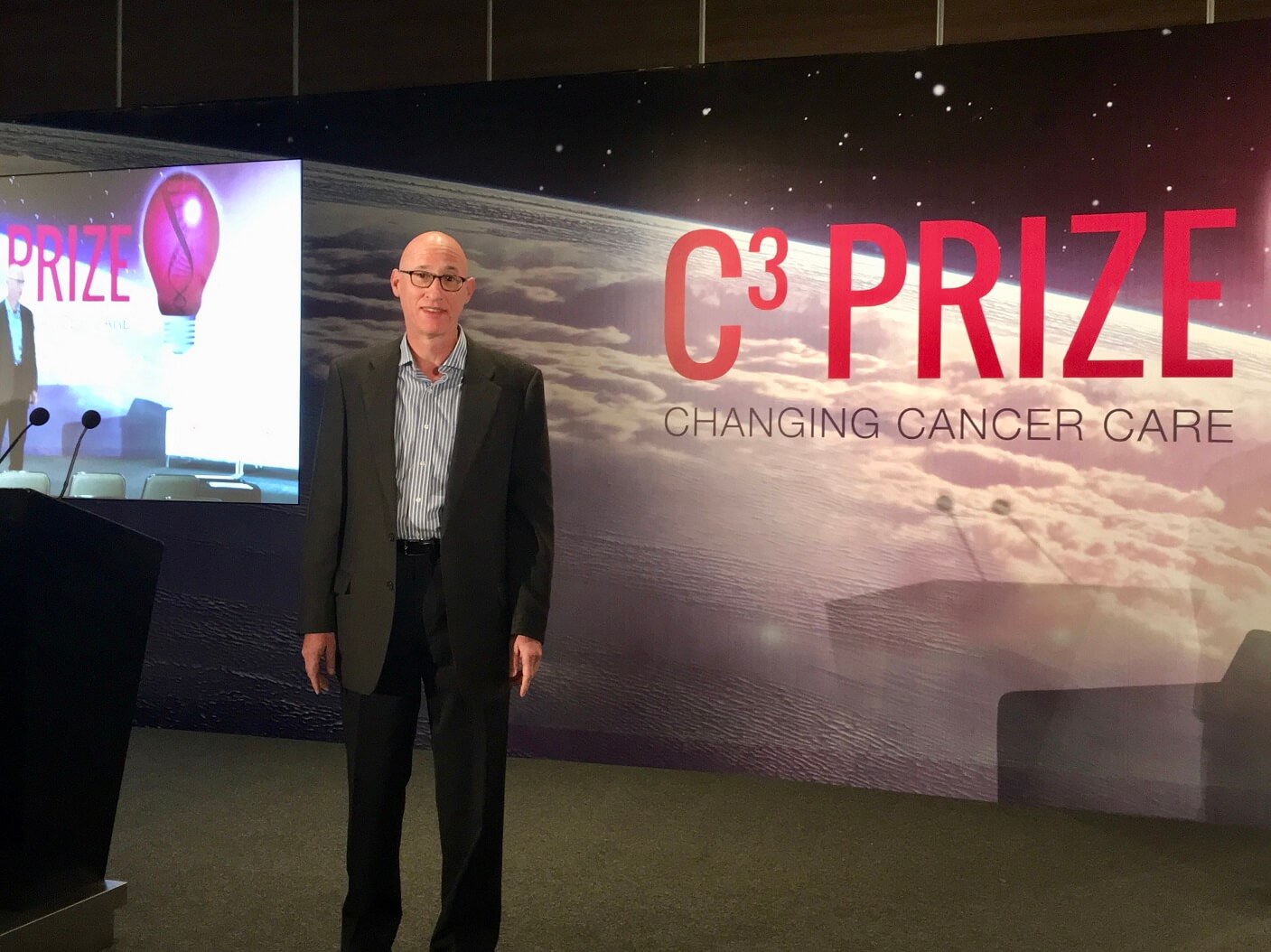
Maryland’s Howard Isenstein has created CarePrompter, an app that enables more open channels of communications between patients and their clinicians so that crucial needs are met in terms of care.
Charlotte Vander Stichele, a graphic designer from Belgium, is creating a Cancer Patient Decision Aid, an interactive tool that allows doctors and patients to interact about decision making points when faced with a cancer diagnosis and treatments.
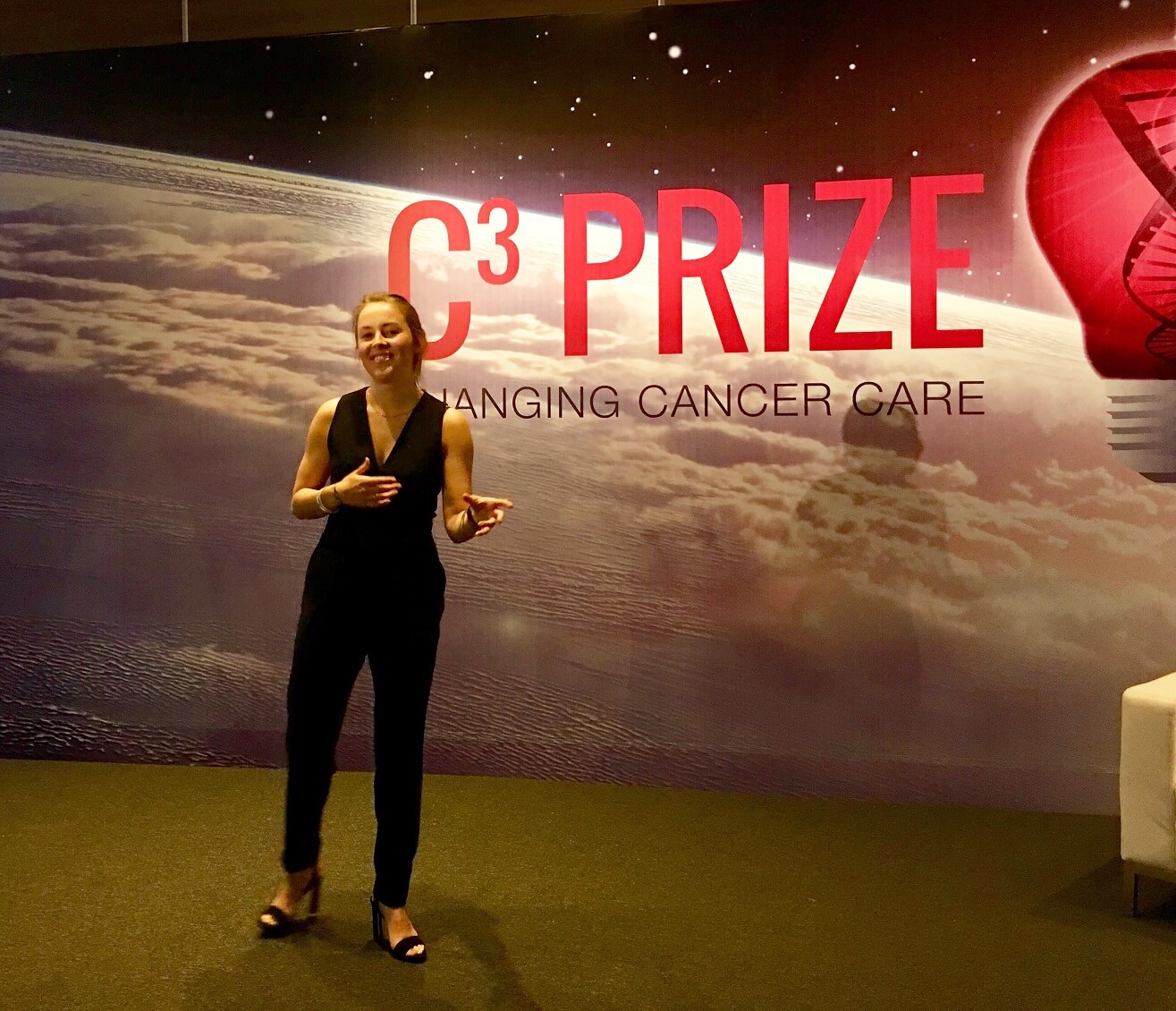
Though all these innovative platforms could certainly lead to a brighter outcome for cancer patients, 2017 C3 Prize runner-up Cory Kidd has developed a platform that seems far-fetched now, but could be commonplace in the not too distant future.
Kidd, the CEO of Catalia Health, a San Francisco based company, has created the Mabu Wellness Coach Platform. In reality, Mabu is a cute looking AI robot with a computer interface. Mabu can monitor someone’s health, send encrypted messages to a doctor and even read the emotions on a patient’s face.
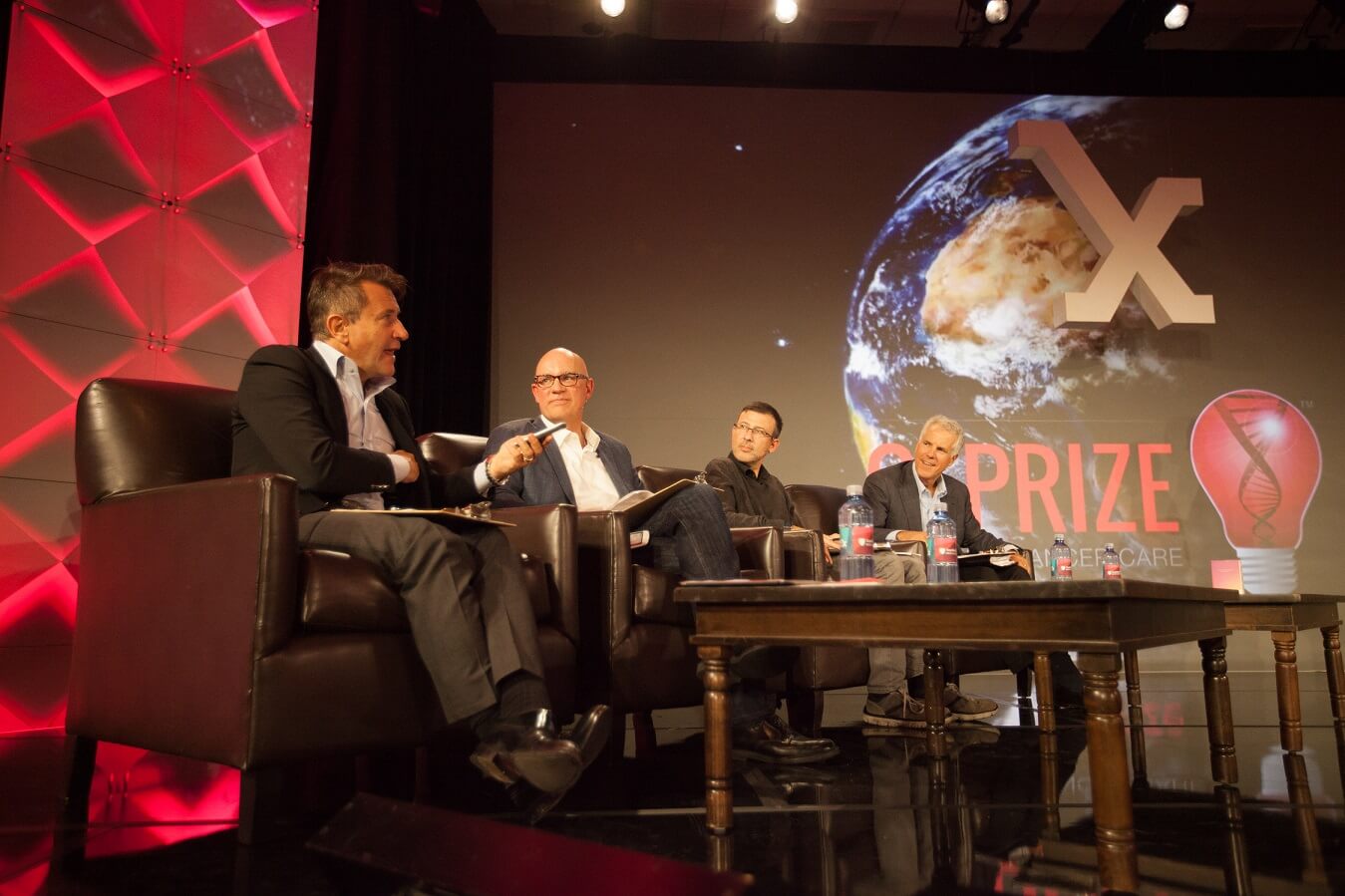
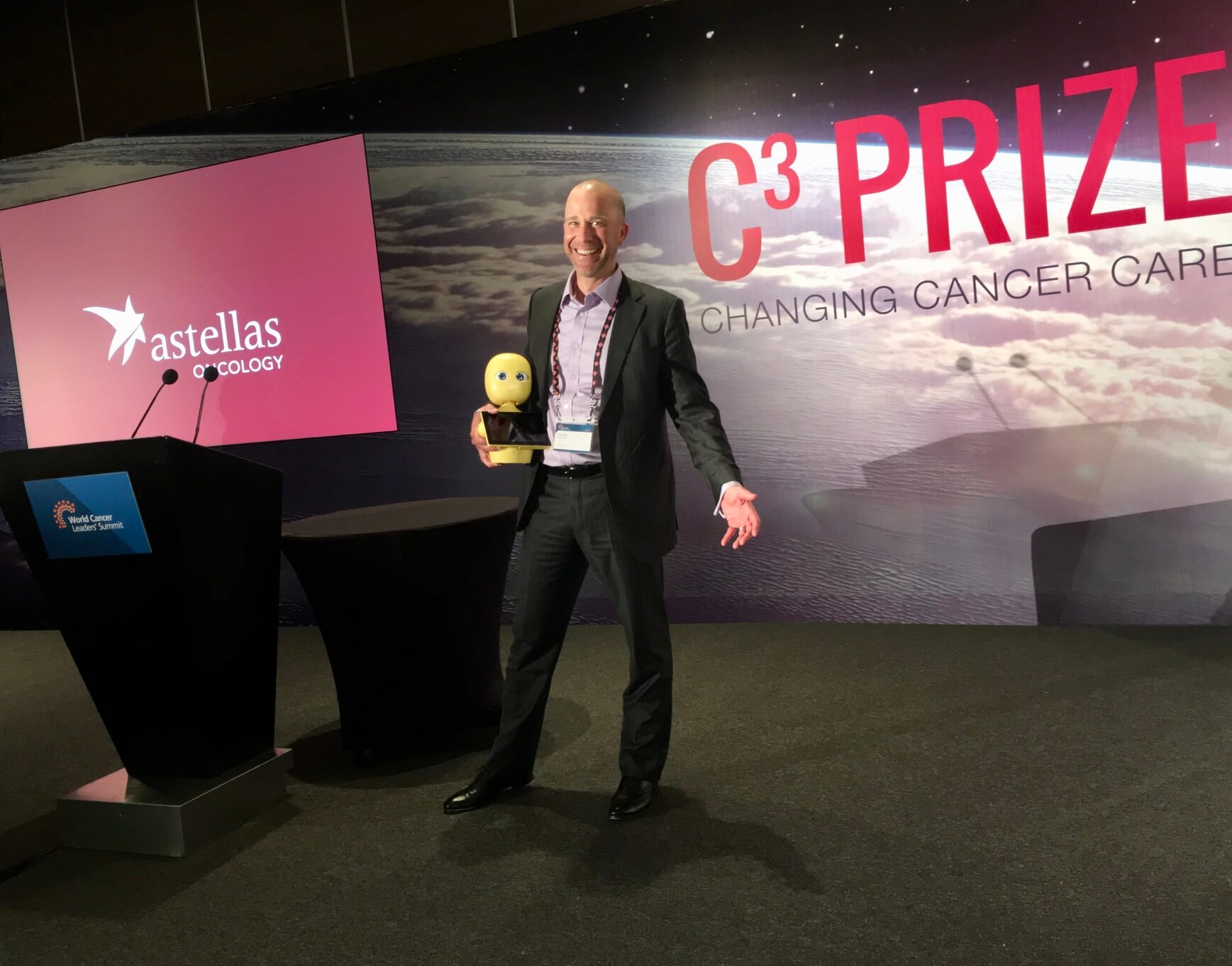
“This robot is not making a diagnosis,” says Kidd. “It’s not recommending treatment. That’s still something that the doctors do. Once the patient has that diagnosis and has been given a treatment plan, this device is helping patients stick with that.”
Martha Singleton, a cancer survivor who is one of Mabu’s trial patients, agrees. “She’s [Mabu] here mainly to remind us about our medication,” she says admiringly. “Here, all I see is a robot, but in a way, you actually feel scared. She says ‘I’ll call your doctor,’ and that’s like something a friend would do.”